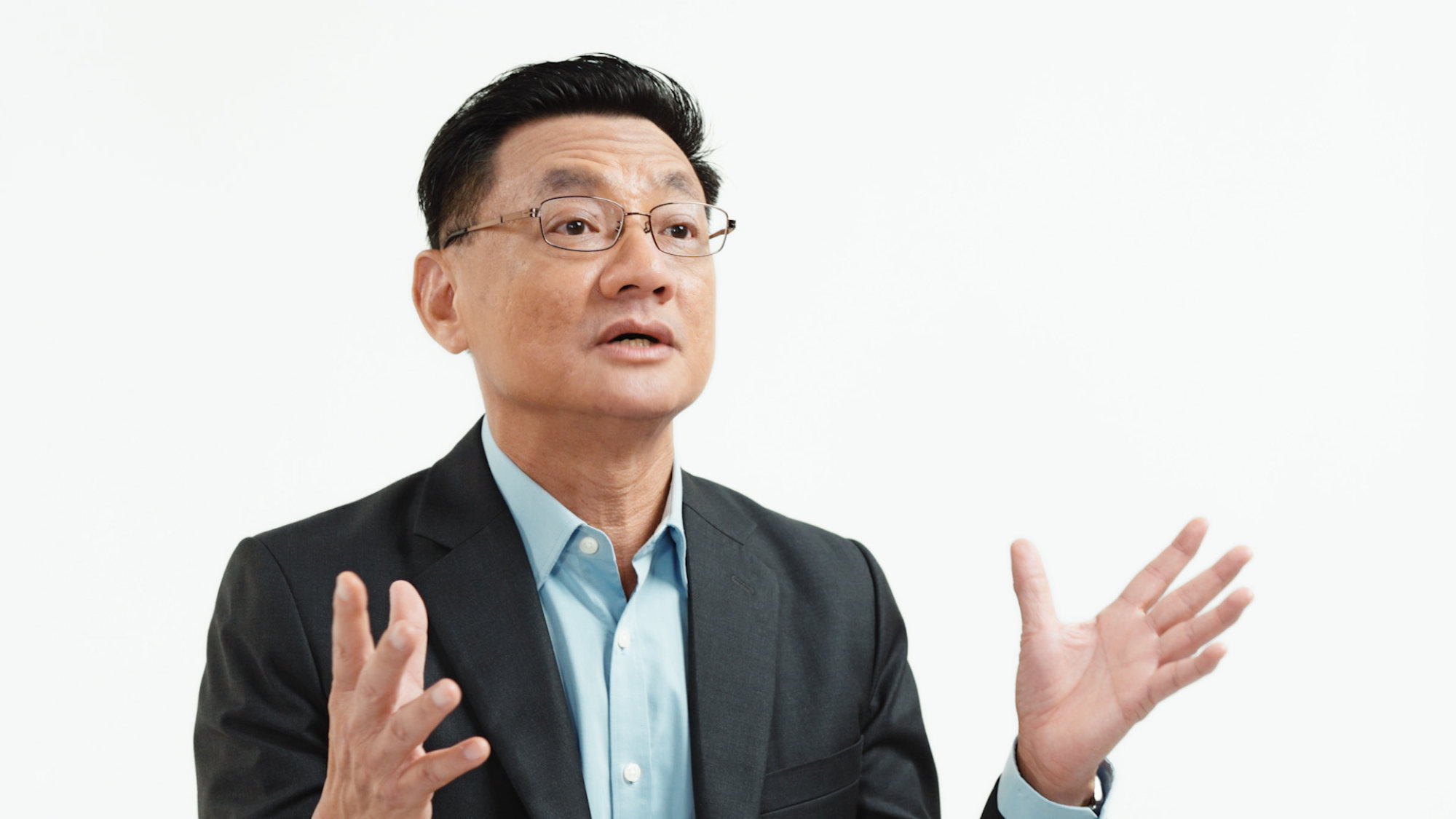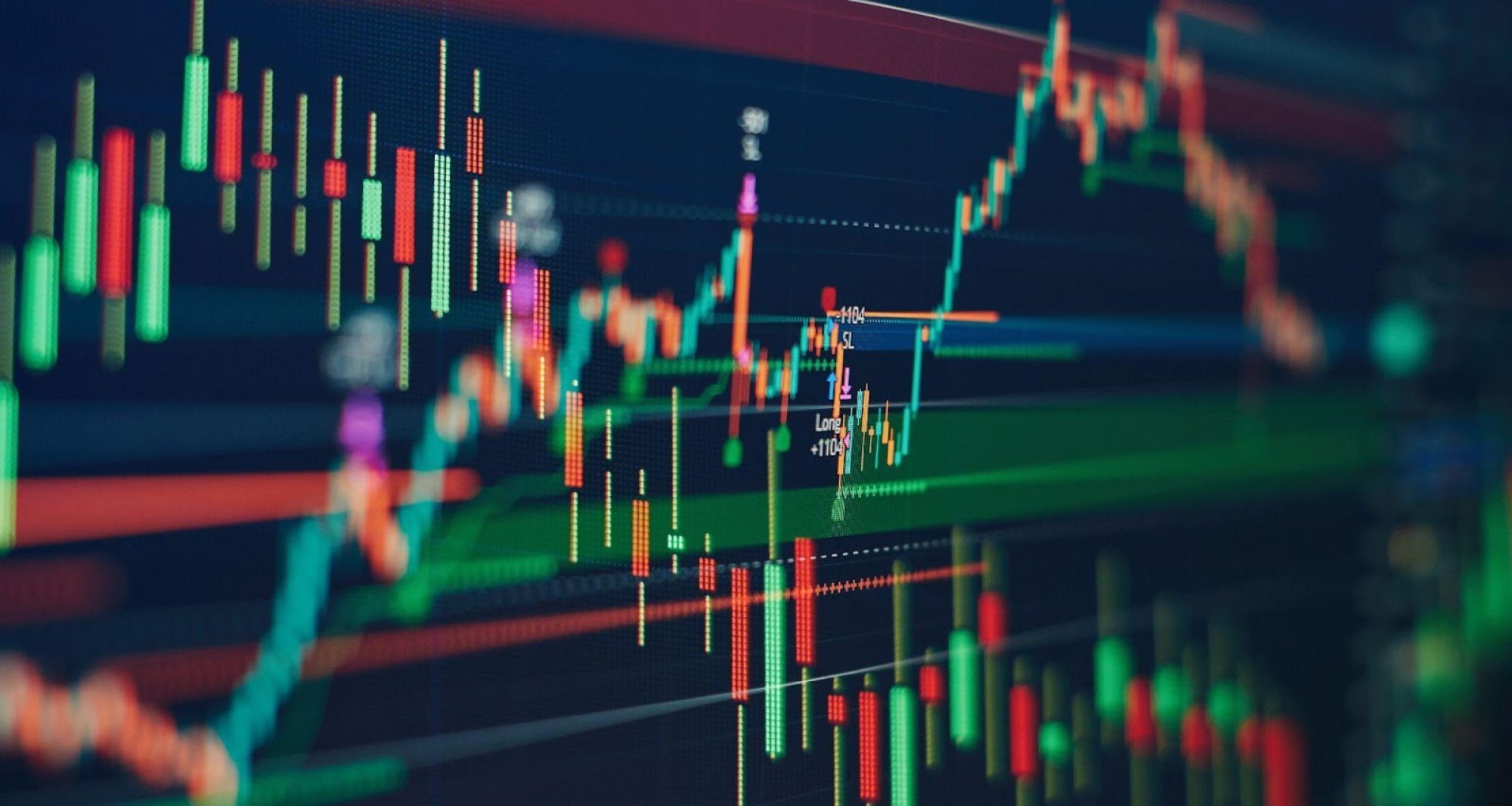Why it’s important to build resilience in your investments in a volatile world
- Such an approach makes it easier to navigate economic uncertainty, emerge stronger and capitalise on new opportunities, says Hou Wey Fook, chief investment officer at DBS
- Finance expert, with 35 years of experience, recommends investors look beyond Asia, follow a clear strategy, make periodic adjustments and take a long-term view
In the business of investment, there is no doubt that accumulated experience and the wisdom of years counts for a lot. It means, for instance, that professionals who have witnessed events such as the 1997 Asian financial crisis, the extensive fallout from 2008’s subprime mortgage meltdown and, more recently, the aftershocks of the coronavirus disease, Covid-19, can bring a real sense of insight and perspective to whatever they do.
So, when offering investment advice in today’s post-pandemic world, they understand the importance of building resilience in any portfolio.
This approach makes it easier to withstand economic headwinds and market corrections, and helps to mitigate fears or uncertainties. But it also allows investors to maintain essential liquidity, rebalance their holdings if necessary and capitalise on new opportunities – as and when they arise.
Not surprisingly, building resilience is an approach long advocated by Hou Wey Fook, chief investment officer of DBS in Singapore, who has been managing portfolios, including institutional and mutual funds, for 35 years. His focus over the past 15 years has centred on the needs of private wealth clients.

Hou, who is also part of the team that serves Treasures Wealth customers with assets of at least S$350,000 (US$260,000) to invest, says experience has shown him that it consistently pays to follow a clear strategy, take a long-term view and make periodic adjustments when market opportunities allow.
“If you look back, there is really nothing new under the sun,” he says, noting that the ups and downs of each cycle are basically driven by two factors. “Markets can be excessively bullish on greed or excessively bearish on fear. So, time in the market is better than timing the market, because it is very difficult to call the inflection points.
“It has proven an almost impossible task to really create wealth on a sustainable basis by actively trading in and out. Over time, resilience will be the way to go forward, in terms of preserving and growing your wealth, because you can weather the downturns and emerge stronger.”

When aiming to build a resilient portfolio, three key principles come into play, Hou says. The first is to establish a time horizon for your investments, one distant enough to skirt the short-term “irrationality of markets”.
The next is to make good use of multiple asset classes, recognising that each adds something in the construction of a well-balanced portfolio. For example, bonds generate cash flow and bring stability, while equities are selected for their ability to produce capital gains, and having both creates what the experts term “resilience”.
Depending on individual goals and preferences, the available choices can include anything from high-yield bonds to mutual funds focused on growth industries such as healthcare and technology, which stand to benefit from demographic shifts and trends in society at large.
The third principle is to remember that “the world is your oyster”. In essence, it is important nowadays to look out for global investment opportunities and not have a too narrow bias towards domestic or regional markets.
Hou says many Asia-based investors still exhibit this kind of “home bias”. But, looking ahead, it also makes sense to track, or anticipate, era-defining developments taking place in the Chinese economy and in fast-evolving enterprises further afield.
“We try to educate and guide clients to really look at investments beyond Asia,” he says. “That’s when you get the best-in-class companies across the best growth sectors.”

To assist in this respect, DBS has a number of strategies which give plenty of scope to create variations on the basic resilience theme. This allows investors – some who will naturally be more aggressive or conservative than others – to choose asset types and weightings that best suit their personal risk profile and overall objectives.
One example is the Barbell strategy. It is designed for “challenging times” and aims to capture superior returns from long-term irreversible growth trends, while also generating stable income to mitigate any short-term market volatility.
This is done by taking an outsized position in two areas of focus. One would be income-generating investment-grade bonds yielding in excess of 5 per cent. The other would be “growth boosters”, such as specific plays identified as pillars of the new digital economy.
“I think the Barbell approach makes a lot of sense because if you look at the world today, clearly a number of big sectors – the likes of retail and telecommunications – are really facing structural headwinds,” Hou says. “So, what you want on the growth side is to buy into ‘champions’ of the coming digital economy.”

Another viable strategy with undoubted appeal goes by the acronym I.D.E.A., which stands for innovators, disruptors, enablers and adapters. Its purpose is to identify companies that challenge the status quo and, by embracing change, are able to transform and thrive. But backing such companies will also require faith in the old saying that fortune favours the brave.
Alongside that, though, DBS’ Liquid+ Strategy allows for fixed-income investing in a diversified portfolio of high-grade bonds which keep pace with inflation. This offers the benefit of steady yields, while limiting risk exposure and offering investors the flexibility to make redemptions quickly.
“The best way to navigate markets that can be ‘noisy’ at times, is to follow a very disciplined approach,” Hou says. “It is important to think long-term, multi-asset and global, and buy into best-in-class companies.”
Disclaimers:
The information provided in this video and/or article is for educational and informational purposes only, and is not intended to be and does not constitute financial advice, investment advice, trading advice, an invitation to invest, or any other advice. All content provided by our sponsors is purely their opinion, and SCMP does not warrant or represent that they are factually correct, and will not be responsible for and will disclaim all liability to the extent permitted by law should you decide to take any action. Investment involves risks; please conduct your own due diligence and consult your own independent adviser if deemed necessary.
-----------
The video and article (“Article”) herein are provided by DBS Bank Ltd, its related companies and/or affiliates (collectively, “DBS”) and is for general information only and should not be relied upon as financial advice. This Article may not be reproduced, or communicated to any other person without prior written permission of DBS.
The Article does not take into account the specific investment objectives, financial situation or needs of any particular person. Before entering into any transaction involving any product mentioned in this Article, you should seek advice from a financial adviser regarding its suitability for your own objectives and circumstances. If you choose not to do so, you should make an independent assessment and do your own due diligence on the product. All investment involves risks and you may lose your entire investment. You should carefully read the product offering documentation, the account terms and conditions and the product terms and conditions for detailed product information and risk factors prior to making any investment decisions.
This Article is not intended for distribution to, or use by, any person or entity in any jurisdiction or country where such distribution or use would be contrary to law or regulation.
The Article is provided in Singapore by DBS Bank Ltd (Company Registration. No.: 196800306E) which is an Exempt Financial Adviser as defined in the Financial Advisers Act and regulated by the Monetary Authority of Singapore.
This advertisement has not been reviewed by the Monetary Authority of Singapore.
The relevant offering documents of unit trusts may be obtained from Digiwealth or from any DBS/ POSB branch. You should read the offering documents before deciding to subscribe into or purchase units in the scheme. The value of the units in the scheme and the income accruing to the units, if any, may rise as well as fall.


